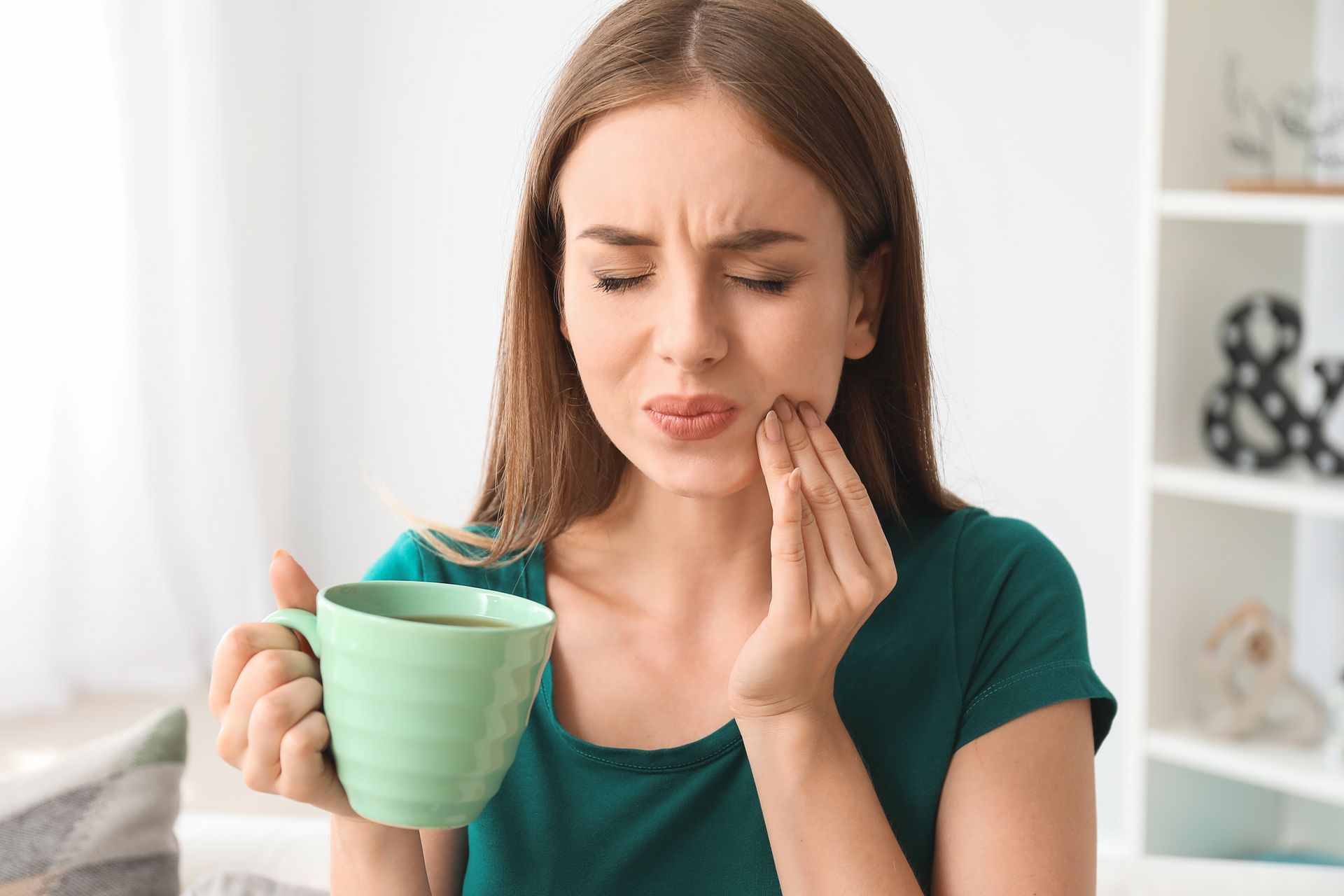Comprehensive Periodontal Care at Aria Dental of Annapolis: Safeguarding Your Gums and Oral Health
Achieving optimal oral health and a radiant smile encompasses more than just taking care of your teeth. Proper care and maintenance of your gums are just as essential for preserving your smile and ensuring your overall well-being. At Aria Dental of Annapolis, we provide gentle, family-oriented dental care to the adults and children of the Annapolis community, with a strong emphasis on comprehensive periodontal care.
In today's informative blog post, we will explore the crucial role of periodontal care in maintaining healthy gums and supporting your overall dental health. Periodontal care encompasses not only the prevention and treatment of gum disease but also involves addressing gum recession and other related issues, ultimately protecting your teeth and improving the overall function and aesthetics of your smile.
By understanding the vital role of periodontal care in maintaining healthy gums, teeth, and overall wellness, you can make informed decisions about your dental care needs with the help of Aria Dental of Annapolis.
The Importance of Healthy Gums
Healthy gums are critical for maintaining not only the health and stability of your teeth, but also your overall well-being. Gums act as a protective barrier for your teeth, providing support and cushioning to the underlying bone and tooth structure. Neglecting the health of your gums can lead to a host of oral health complications, such as periodontal disease, tooth loss, and even systemic health issues, including diabetes and heart disease. Proper periodontal care is essential to safeguard your gums and ensure the continued health and function of your teeth.
Periodontal Care Services
At Aria Dental of Annapolis, we offer a comprehensive range of periodontal care services to help you achieve and maintain healthy gums. Our periodontal care services include:
1. Preventative Measures: Routine dental cleanings and checkups play a crucial role in maintaining healthy gums. During these visits, we thoroughly examine your gums for signs of disease, as well as remove harmful plaque and tartar buildup, which can lead to gum inflammation and infection.
2. Scaling and Root Planing: This non-surgical treatment, also known as a deep cleaning, involves the removal of plaque and tartar from the tooth roots and the smoothing of root surfaces to combat gum disease and promote gum reattachment.
3. Periodontal Maintenance: For patients with a history of periodontal disease, we offer ongoing maintenance cleanings to help manage, prevent, and control the progression of gum disease, ensuring the long-term health of your gums and teeth.
4. Gum Grafting: Gum recession can lead to tooth sensitivity, root exposure, and an increased risk of tooth decay. Our surgical gum grafting procedures can help restore lost gum tissue and protect exposed tooth roots.
Identifying and Addressing Gum Disease
Gum disease, also known as periodontal disease, is a prevalent oral health concern that can have severe consequences if left untreated. Early recognition and intervention are critical to mitigating the long-term effects of gum disease and preserving the health and function of your teeth. Some common signs and symptoms of gum disease include:
1. Swollen, red, or bleeding gums
2. Bad breath or a persistent bad taste in the mouth
3. Gum recession or the appearance of elongated teeth
4. Tooth sensitivity or pain when chewing
5. Loose or shifting teeth
If you're experiencing any of these symptoms, it's vital to promptly visit our office for an evaluation and appropriate treatment. The earlier the gum disease is detected and addressed, the more successful the outcome and the better the chances of preserving your teeth and overall oral health.
Tips for Maintaining Healthy Gums
In addition to professional periodontal care, there are several at-home practices you can adopt to promote and maintain healthy gums:
1. Brush and Floss Regularly: Proper oral hygiene, including brushing twice a day and flossing at least once daily, helps remove plaque buildup and prevents gum inflammation and disease.
2. Use a Soft-Bristled Toothbrush: A toothbrush with soft bristles is gentler on your gums while still providing effective plaque removal. Replace your toothbrush every three to four months or sooner if bristles become frayed.
3. Rinse with an Antibacterial Mouthwash: Using an antibacterial mouthwash as part of your daily oral hygiene routine can help reduce the bacteria that cause plaque buildup and gum inflammation.
4. Eat a Balanced Diet: A healthy diet rich in vitamins, minerals, and antioxidants promotes healthy gums and supports your immune system to fight off infections.
5. Stop Smoking: Smoking significantly increases your risk of developing gum disease and interferes with your body's ability to heal. Quitting smoking greatly improves your gum health and overall oral health.
Final Thoughts
Periodontal care is an integral part of maintaining a healthy, beautiful smile and ensuring optimal overall health. At Aria Dental of Annapolis, we're dedicated to providing comprehensive, personalized periodontal care to help you achieve and maintain healthy gums and teeth.
Trust Aria Dental of Annapolis for your
periodontal care needs, and partner with us in your journey to optimal oral health. Contact us today to schedule an appointment and embrace the benefits of a healthy, vibrant smile.



Share This Post

